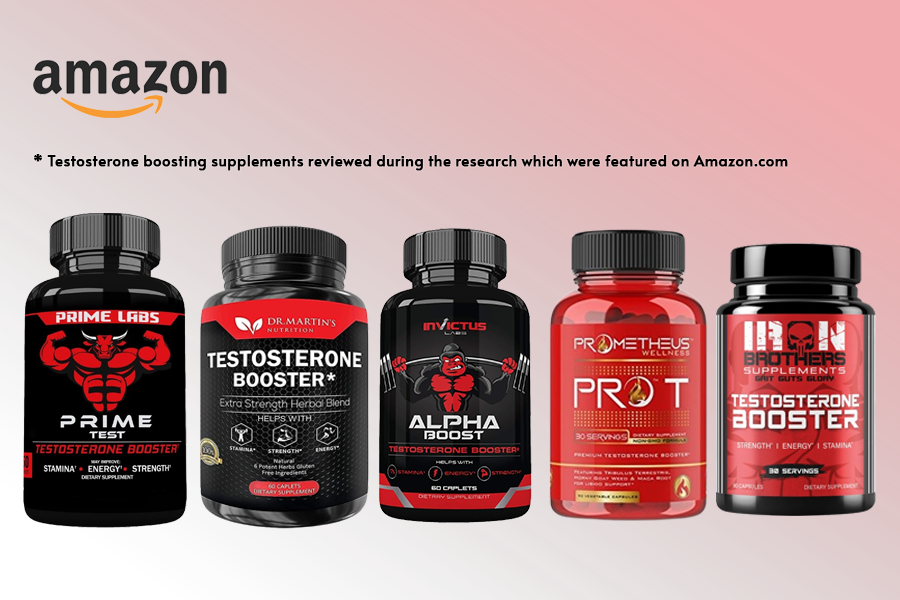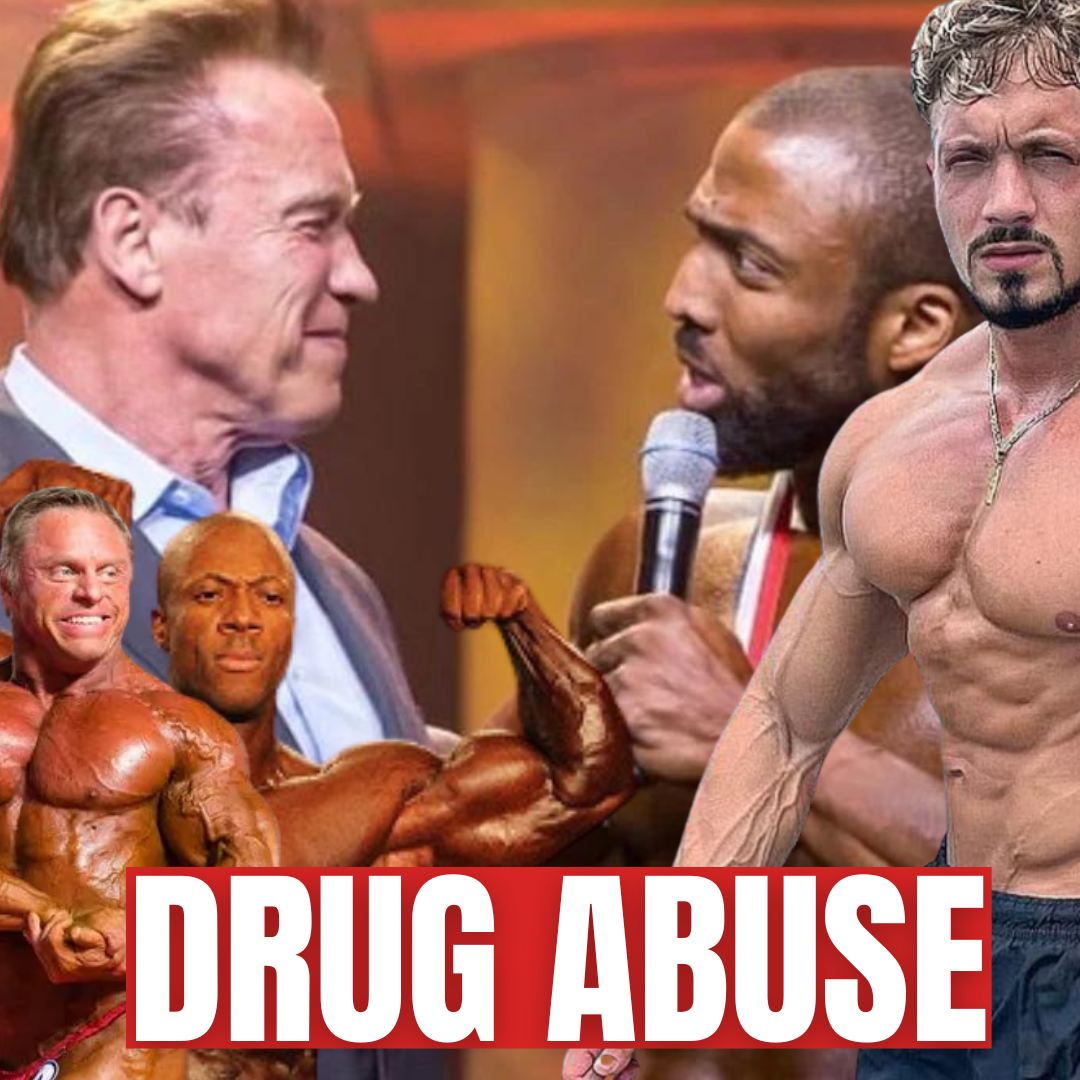The supplement industry is full of promises about getting sculpted physiques and achieving effortless fat loss goals. But flashy packaging and celebrity endorsements don’t guarantee results. In fact, many popular supplements lack scientific backing for their muscle-building or fat-burning claims.
Let’s expose 5 common gym supplements that might not be worth your hard-earned money.
1. Steroids: Effective but a dangerous shortcut
It’s important to clarify that steroids are not dietary supplements; they are performance-enhancing drugs. Supplements aim to support your existing efforts, while steroids artificially accelerate muscle growth. This distinction is crucial to avoid confusion, especially among Sri Lankan gym-goers who might mistake steroids for typical supplements.
Although steroids are not supplements, I included them in this “do not take” list because many local gym coaches promote steroid pills and injections as supplements.
Steroid users often have testosterone levels that are many times higher than the healthy range. The normal range of testosterone levels for adult men generally falls between 300 to 1,000 ng/dL, but steroid users can have levels far beyond this range, sometimes reaching 10 to 20 times the normal range. This significant increase shows how effective steroids are at boosting testosterone levels, resulting in muscle growth.
Steroids are often seen as a shortcut to building muscle, but their impact goes far beyond your physique. Here’s what you might not be considering:
Steroids can enlarge your heart, as it is a muscle too. Specifically, the left ventricle, hindering its ability to pump blood efficiently. This significantly increases your risk of heart failure.
Studies suggest steroid use can accelerate brain aging. Research even found brains of steroid users appearing older than their chronological age.
Steroid use can enlarge sebaceous glands, leading to overproduction of sebum, resulting in oily skin and acne. Steroid users often require additional medications for acne, which come with their own side effects.
Steroids convert to DHT, shrinking hair follicles and causing early baldness.
Testosterone injections signal your body to stop natural testosterone production, potentially requiring lifelong testosterone replacement therapy.
Early Death: A 2024 study linked steroid use in young adults to a concerningly high mortality rate compared to non-users.
Additionally, some testosterone converts to estrogen, leading to male breast tissue growth (gynecomastia).
And the list goes on and on…
The crucial point here is that steroids aren’t a shortcut. Most people haven’t even reached their natural muscle-building potential. The real secret lies in dedication:
Focus on proper form and consistent workouts with a certified trainer. Eat a balanced diet rich in protein to support muscle growth. A certified nutritionist can help you create a safe and effective diet plan.
Building a healthy physique takes time and hard work, but the rewards are worth it. Skip the risky shortcuts and invest in your long-term health. Your future self will thank you!
What happens to a lot of guys is that they think they are at their natural limit and only steroids will help. When in reality, they are probably just not being as diligent with their training and nutrition as they could be. Why not dial that up to 100% first, then you can make that decision?
2. Mass Gainers: Not a meal replacement
If you’re looking to gain weight and build muscle, mass gainers might seem like a shortcut. But before you invest, consider this: they shouldn’t replace a balanced diet. While they can help bridge a calorie gap, prioritize whole foods like fruits, vegetables, and lean proteins for complete nutrition. Focus on gradual weight gain (1-2 pounds per month) through a consistent diet and exercise. Long-term mass gainer use comes with potential risks like diabetes due to the high sugar content. Be wary of “zero sugar” claims; maltodextrin, a common substitute, can still spike blood sugar.
These supplements can be expensive, especially compared to the cost-effective calorie boost you can get from whole foods like chicken, rice, and lentils. Finally, remember that maintaining muscle mass after stopping mass gainers requires adjusting your diet to compensate for the lost calories and sticking to a consistent exercise routine, particularly strength training. Think of mass gainers as a potential tool, but prioritize a balanced diet, consult healthcare professionals, and remember, consistency is key to achieving your fitness goals.
To maintain the results achieved after stopping mass gainer use, it’s important to ensure you match the calories that were previously provided by the supplement through your regular meals. Pay attention to your overall caloric intake and make adjustments as needed to meet your body’s energy needs. Focus on consuming nutrient-dense whole foods that provide a balance of macronutrients and support muscle growth and recovery. Be mindful of portion sizes and listen to your body’s hunger and fullness cues. Additionally, continue engaging in regular exercise, particularly strength training, to preserve muscle mass. Consistency and finding a sustainable balance between nutrition and physical activity are key to maintaining your progress in the absence of mass gainers.
3. Testosterone Boosters: Questionable Claims, Limited Results
A 2020 study did something unique. It analyzed the individual ingredients of the 5 most popular testosterone boosters on Amazon.com. Three of the five T-boosters did not report quantities of how much of each ingredient was in the pills. They just gave a proprietary list. This is an immediate red flag as these products didn’t even try to claim effective dosing. They could have added just a dusting into the bottle and it would still meet the label claim. Even if most of these supplements had honest label claims, most of their ingredients still aren’t supported by scientific evidence.

A 2020 study did something unique. It analyzed the individual ingredients of the 5 most popular testosterone boosters on Amazon.com. Three of the five T-boosters did not report quantities of how much of each ingredient was in the pills. They just gave a proprietary list. This is an immediate red flag as these products didn’t even try to claim effective dosing. They could have added just a dusting into the bottle and it would still meet the label claim. Even if most of these supplements had honest label claims, most of their ingredients still aren’t supported by scientific evidence.
4. BCAAs: Overhyped and Unnecessary
BCAAs are heavily marketed to increase muscle growth, recovery, and improve endurance. Pretty much every supplement has this in their product lines. So, it must be good, right?
Well…
BCAA stands for Branched-Chain Amino Acid. Amino acids make up protein, and there are 20 amino acids that make a complete protein. Nine of those 20 are essential, meaning you need to get them in your diet because your body can’t make them on its own. BCAAs you buy contain 3 of these amino acids: Leucine, Isoleucine, and Valine.
Leucine is the crucial amino acid for triggering muscle synthesis, and you can think of it like the key to start a vehicle. The other 2, Isoleucine and Valine, don’t trigger muscle protein synthesis, but they’re still often included because if you take Leucine on its own, it decreases the concentration of Isoleucine and Valine in the blood, which is bad because you need Isoleucine and Valine to build new muscle tissues.
So, the logic with these supplements is that if we take more of these 3 amino acids, we just get increased benefits of their function, right?
Wrong. Because not only do you need Leucine, Isoleucine, and Valine to build muscle, you need all 9 essential amino acids. Taking Leucine without all the other essential amino acids would be like turning the key to a vehicle without any fuel in it.
Our bodies cannot properly synthesize the amino acids when they are not accompanied by all 9 essential amino acids. Research repeatedly shows this.
So basically, you get no added benefits. Systematic research from January 2023, which analyzed 12 studies, found no benefit of BCAA supplementation on performance, strength, or muscle mass. So instead of amino acid supplements, just focus on getting enough total protein.
A person who achieves their daily protein intake has no need to supplement with any extra BCAAs because covering their protein intake means they have all the BCAAs they need. A potential use for BCAAs could be as an intra-workout supplement for long training sessions (3 hours or more). But even then, for a more complete solution, consider supplementing with EAAs (Essential Amino Acids) since they provide all nine essential amino acids, including BCAAs.
5. Fat Burners: Promises that don't deliver
Fat burners are still extremely popular among the broader public. Generally speaking, fat burners claim to work through one of two pathways: either lowering appetite, meaning you might eat less (so fewer calories in), or increasing energy expenditure, a so-called thermogenic effect (so more calories out). On paper, both of these mechanisms should work. It’s just that in reality, not much seems to happen.
If you look at the most recent analysis on fat burners and thermogenic supplements, we can see that overall, there was no indication that the inclusion of fat burners and thermogenic dietary supplements was any more effective than exercise or a combination of diet and exercise. While it is true that caffeine and green tea extract can have some benefit in terms of energy expenditure, it’s so small in comparison to diet and exercise that we have to question the practical relevance. However, caffeine is still a good supplement to take before training, not because it’s a great fat burner, but because it reliably boosts training performance. And if you get a few extra calories burned from taking it, then great.




